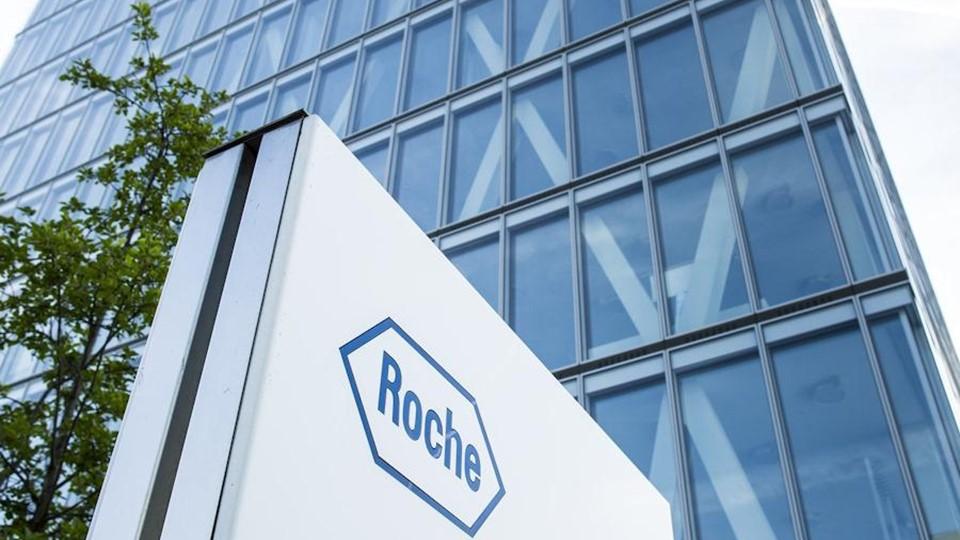Roche trumpets new fenebrutinib data in relapsing MS

Data from a phase 2 trial of Roche's oral BTK inhibitor fenebrutinib have shown "near-complete suppression" of disease activity and disability progression in relapsing multiple sclerosis (MS).
The full results of the FENopta open-label extension study are due to be reported in full at the ECTRIMS congress in Copenhagen later this month, but top-line findings include that 99% of patients treated with fenebrutinib were free of T1 gadolinium-enhancing lesions, markers of active inflammation, at 48 weeks.
There was an annualised relapse rate (ARR) of 0.04 in the study over that timeframe, and no change in disability measuring using the widely-used Expanded Disability Status Scale (EDSS).
The positive readout comes right after Sanofi revealed that its oral BTK drug tolebrutinib failed two phase 3 trials in relapsing MS, although, the company has said it will press ahead with a regulatory filing after a third study in non-relapsing secondary progressive MS was positive.
Sanofi said that the two relapsing studies – GEMINI 1 and 2 – showed a delay in disability progression but failed the primary ARR endpoint – and it's not clear for what specific indication it will file.
"After a year of treatment, our BTK inhibitor fenebrutinib was able to suppress nearly all disease activity and disability progression in people with multiple sclerosis," said Levi Garraway, Roche's chief medical officer.
"If these results are validated in the ongoing phase 3 trials, fenebrutinib could further advance the treatment landscape for people living with multiple sclerosis," he added.
Roche is running three late-stage studies, namely FENhance 1 and 2 trials in relapsing MS, comparing the drug to Sanofi's Aubagio (teriflunomide) and the FENtrepid trial in primary progressive MS, pitting it against Roche's antibody therapy Ocrevus (ocrelizumab). The drugmaker reported results from the main FENopta trial last year.
Fenebrutinib is currently the only reversible, non-covalent inhibitor of BTK in late-stage development, which Roche maintains could translate into a cleaner side effect profile than other drugs in the class.
In FENopta, the most common adverse events reported were urinary tract infections, COVID-19, and pharyngitis, with a serious reaction only seen in one patient. There was one case of elevated liver enzymes in the OLE part of the study, which could indicate organ damage, but that resolved after the drug was halted.
Merck KGaA's evobrutinib was the first BTK inhibitor to show proof-of-concept in a phase 2 MS trial, but failed two phase 3 trials in relapsing MS last year and was shelved. Novartis' remibrutinib is in phase 3 trials while InnoCare's orelabrutinib – formerly partnered with Biogen before rights were handed back last year – is in phase 2.












